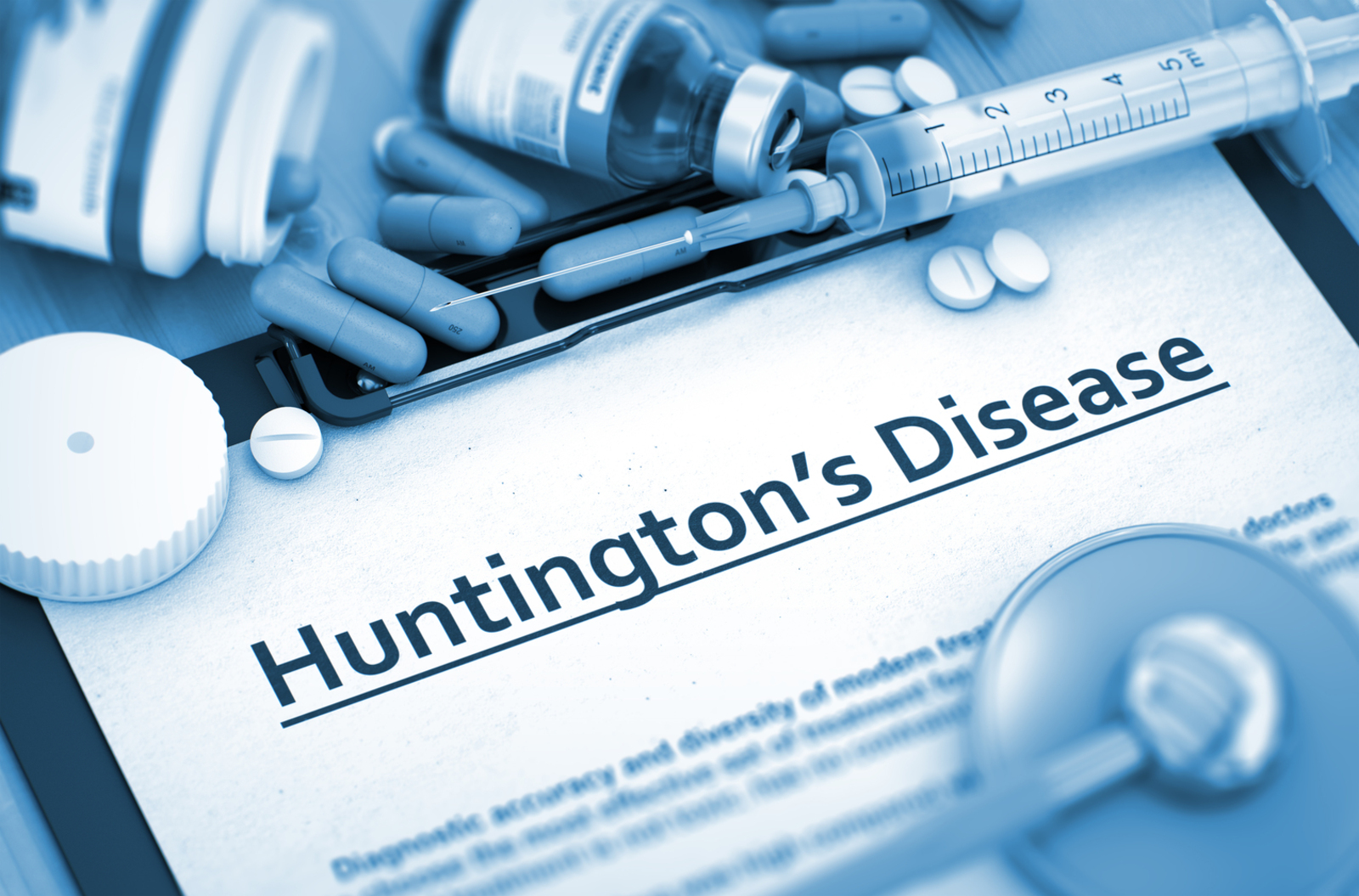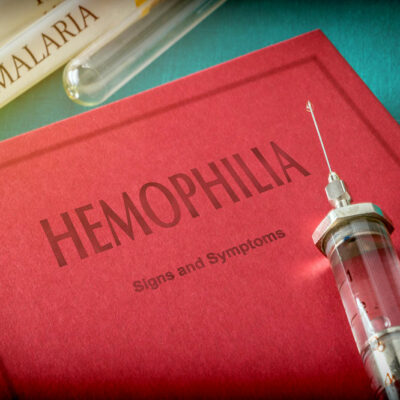
Early Signs Of Huntington’s Disease
Treatments And Medications To Consider
Huntington’s Disease (HD)is a rare condition that leads to progressive breakdown of nerve cells in the brain that can affect a person’s cognitive and functional abilities. There are medications that can be taken, such as XENAZINE (tetrabenazine) and AUSTEDO (deutetrabenazine) to help. Early detection and intervention are crucial for managing HD effectively. In this article, we’ll explore five early signs of Huntington’s Disease and various treatment options to consider.
1. Cognitive changes
The earliest signs of Huntington’s Disease often involve subtle cognitive changes. These changes can manifest as difficulties in memory, concentration, and decision-making. People may struggle to perform tasks that were once second nature to them. Cognitive rehabilitation programs can help improve memory and cognitive function. Some drugs can manage cognitive symptoms and help improve attention and memory.
2. Motor symptoms
HD is characterized by motor abnormalities, with symptoms appearing gradually over time. These can include involuntary movements, such as twitching, jerking, or writhing. Early motor signs may be subtle, like fidgeting or clumsiness. Exercises and stretching can help manage muscle stiffness and enhance mobility. Certain drugs can help control involuntary movements and ease motor symptoms.
3. Emotional changes
Huntington’s Disease often leads to emotional disturbances. Individuals may experience mood swings, anxiety, and irritability. These emotional changes can significantly impact a person’s quality of life. Counseling can help individuals cope with emotional changes and develop strategies for managing their feelings. Antidepressants and anti-anxiety medications may be prescribed to address mood-related symptoms.
4. Behavioral symptoms
As the disease progresses, individuals with HD may exhibit challenging behaviors. These can include impulsivity, aggression, and social withdrawal. Managing these behaviors is essential for maintaining a higher quality of life. Therapists can work with individuals and their families to develop strategies for addressing problematic behaviors. Some drugs can help manage behavioral symptoms and improve overall functioning.
5. Psychiatric symptoms
One of the most common psychiatric disorders that comes with Huntington’s Disease is depression, not just as a reaction to being diagnosed with HD, but also because of the changes in brain function as a result of the disease. It’s important to recognize that the psychiatric symptoms of HD can evolve over time and may require adjustments to treatment plans. Healthcare providers, including neurologists, psychiatrists, and mental health professionals, play a critical role in evaluating, diagnosing, and managing the psychiatric aspects of HD. A holistic approach that considers the physical, cognitive, and psychiatric aspects of the disease is essential to provide the best possible care and support for individuals and their families affected by Huntington’s Disease.
Early signs of Huntington’s Disease may vary from person to person, but recognizing these symptoms is crucial for timely intervention. While there is no cure for HD, various treatments and interventions can help manage its symptoms and improve the quality of life for those affected. If you suspect HD or have a family history of the disease, seeking medical advice and support from healthcare professionals is essential. Additionally, staying informed about the latest research and therapies related to HD is crucial, as ongoing studies may lead to more effective treatments in the future. Remember, early detection and a proactive approach can make a significant difference in managing Huntington’s Disease and providing a better quality of life for those living with it.


